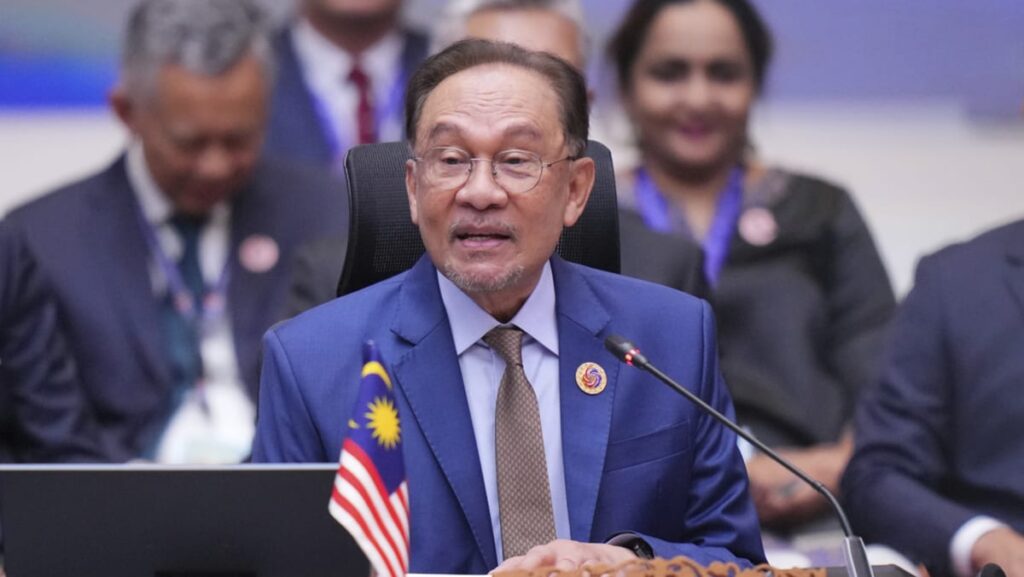Granted, these infrastructure projects take time to build. Even feasibility studies typically take months to years. However, there are a few structural changes that could be completed by Malaysia in a few months to leave a legacy as ASEAN chair.
First, set a transparent wheeling charges formula. Now, most deals are negotiated from scratch on a case-by-case basis, resulting in protracted timelines. While a “reasonable” rate varies widely, adopting best practices from other supergrids, like Southern African Power Pool may expedite this process. Rather than imposing exact rates, the formula could agree on key components, such as the proportion of network used, age of assets and replacement cost, and allowance for maintenance and operational costs. Analysts have widely agreed that this is one of the most consequential items for the APG.
Second, expand the capacity target for Laos-Thailand-Malaysia-Singapore Power Integration Project. Part of the reason this pilot did not progress further is also due to the lack of transparent wheeling charges formula. If this can be solved, setting a capacity target higher than 300MW is important as a showcase of what the APG could become. The critical paperwork is already in place – they could be boilerplates for others. Scaling from here is easier than any new project.
Third, a fully funded tripartite feasibility study (Vietnam-Malaysia-Singapore) with a time-bound path to a term sheet. Based on other similar projects, a concept-to-term-sheet timeline is typically four to six years. While it can’t be achieved within this ASEAN term, the most important thing to do is to ensure feasibility study is started, with the backing of governments and multilateral development banks. If political and technical certainty can be secured, the remainder terms would be more mechanical than existential.
In regional cooperation, the most difficult thing to do is to search for something concrete. Broad base frameworks set an umbrella of goodwill for discussions, but they must be translated into something tangible and beneficial to all involved.
The APG still remains the highest leverage item for ASEAN, and it could potentially set off a series of deeper cooperation between nations. At the very least, it could be the very few items that would make many member states care more than their domestic issues.
James Chai is a political analyst, columnist and the author of Sang Kancil (Penguin Random House). He writes a monthly column for CNA, published every second Friday.

